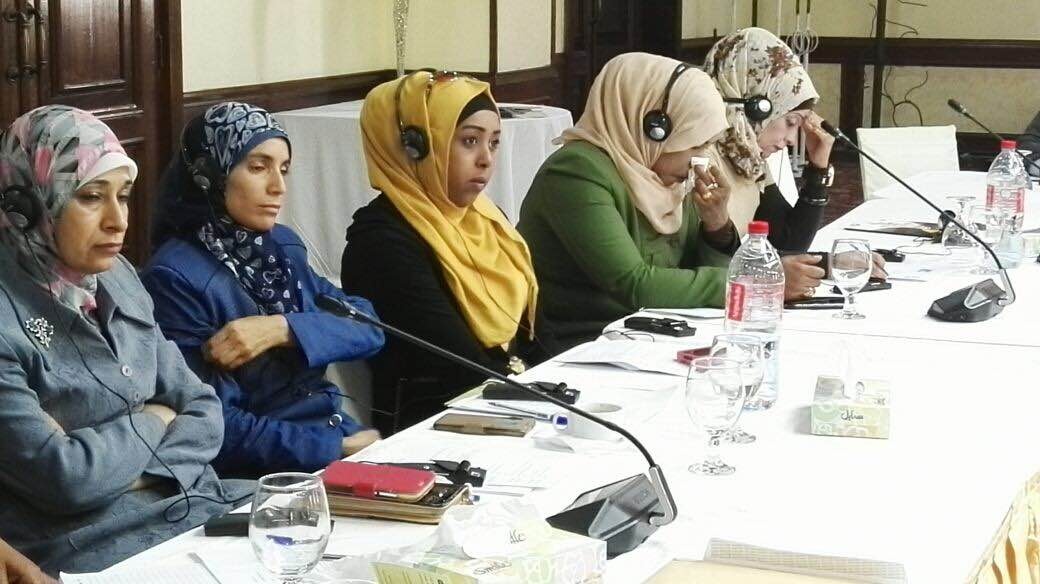2 September, 2016Meeting in Amman, affiliates from Jordan and Iraq came together on 29-30 August to discuss how unions can best confront the problem of low wages in their industries.
The challenge to increase wages is one that cuts across industries in Jordan and Iraq. In Jordan, prices have increased considerably but wages have not kept pace. A tripartite wages committee sets the minimum wage at national level, but the King takes the final decision.
While the lowest wages are those earned by textile and garment workers and workers in industries such as potash, phosphate and cement earn more, the absence of an adequate plan by the government to deal with the economic situation means that unions need to engage with government on a more sustainable industrial policy in order for wages to increase.
In Iraq, the minimum wage is set by the government. There is no collective bargaining in the public sector, which covers more than 75 per cent of workers. The private sector minimum wage is US$200 per month and is set by a tripartite committee. Enforcement is a major problem and there are many demonstrations over unpaid wages.
The oil industry is very profitable, but Iraqi oil workers are paid less than their counterparts in neighbouring countries and the wages are not proportionate to the risks workers take. 85 per cent of Iraq’s revenue is from oil. As in Jordan, a more sustainable industrial policy is needed to ensure that workers benefit properly from their country’s production.
Affiliates discussed what strategies they could adopt to develop a better climate for wage increases. Garment workers in Jordan have taken a significant step with the development of industry-wide collective bargaining covering 62,000 workers of whom 45,500 are migrant workers.
The first agreement was signed in April 2013 after 12 months of negotiation and brought immediate benefits, including reducing disputes and increasing compliance. In 2012 there had been 42 strikes in the sector, but in the 12 months after signing the agreement this reduced to 12. Moreover, the agreement provides a standardized set of conditions that all parties - government, unions and buyers – are able to measure compliance against.
The agreement serves as a useful model for the implementation of the ACT agreement between IndustriALL and global garment brands as it demonstrates that industry-wide bargaining in this sector is both possible and beneficial.
The Jordanian agreement covers approximately 60,000 workers, 70 per cent of whom are migrant and 70 per cent are women, and all employers in the export garment industry. In 2015, the agreement was renewed following 6 months of consultations with workers in the factories to enable their inputs to the negotiations, which this time took 4 months.
In the mining industry in Jordan, affiliates take a different approach as union strength is such that they are able to bargain at enterprise level and use each agreement as leverage for the next.
The union wages strategy in Jordan includes educating workers to gain their support, developing union strength and knowledge of the economic situation, and using the media to build support which in turn gives unions power in the face of employers and government.
In Iraq, where politicians are in control of decision-making on wages, the unions are working hard to have workers’ voices heard among many stakeholders. This involves engaging in lobbying and a media strategy to influence the political process, as well as working with members and union leaders to improve their understanding of their rights.
